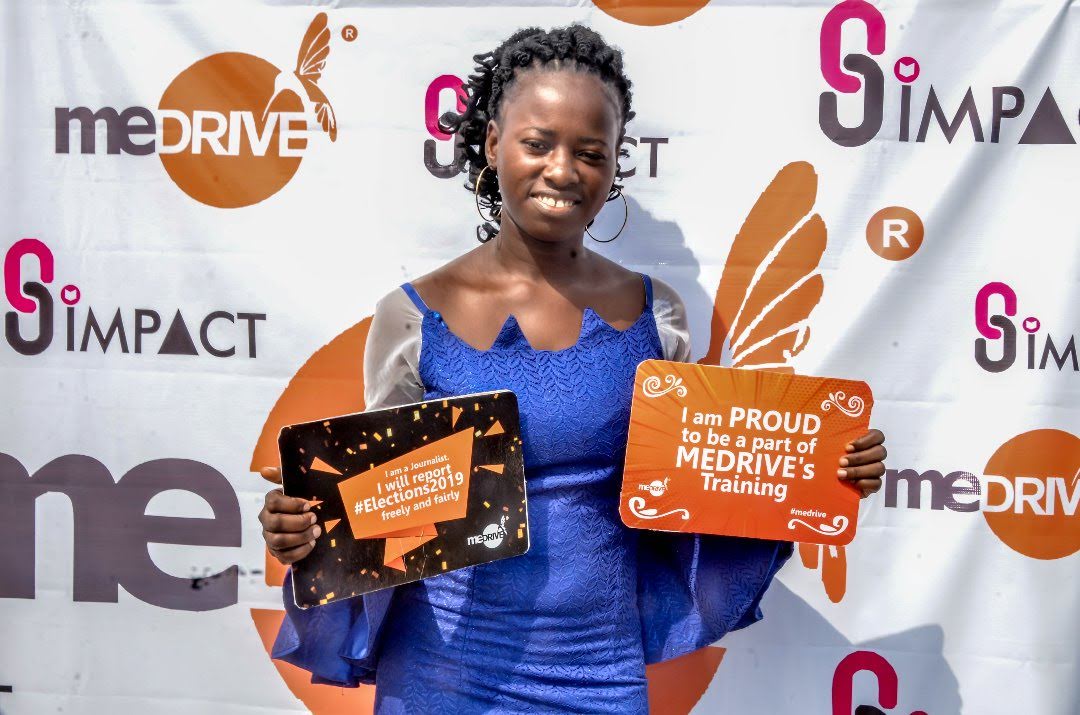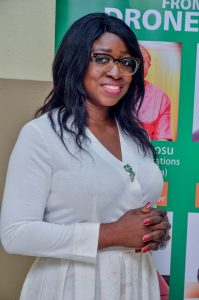MEDRIVE TRAINS JOURNALISTS ON SENSITIVE AND CONFLICT REPORTING
![]()
MEDRIVE is ONE!
Journalists from broadcast, print and online media on Thursday 15th of August were trained in Lagos on Sensitive and Conflict Reporting. The training, facilitated by MEDRIVE, a media hub focused on training for African journalists, included practical and highly interactive sessions to ensure that knowledge is truly passed and retained
MEDRIVE, which was founded one year ago, has trained over 120 journalists from five states in Nigeria and mentored 40. The trainings have included Story Crafting, Impact Journalism, Using Social Media for New Age Journalism, Elections Reporting, Grants Writing, and the latest centered on Conflict Reporting, targeting journalists reporting crime and conflict.
Journalists from Print, Broadcast and Online media trained on Sensitive and conflict Reporting by MEDRIVE








